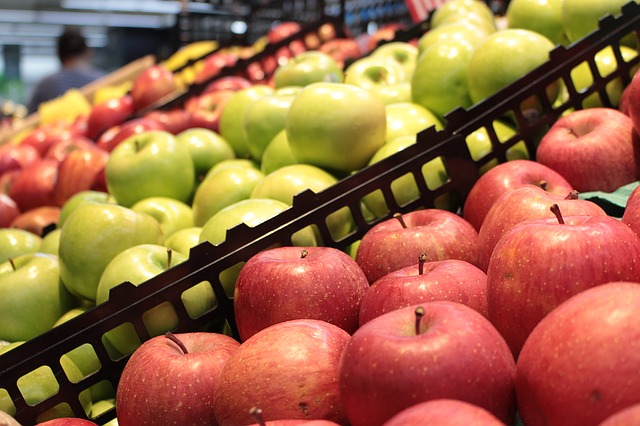Next-generation genetically modified foods need better regulation
By Dana Perls,
STAT
| 02. 02. 2017
The apple that never browns wants to change your mind about genetically modified foods.”
That headline in the Washington Post is just one of many shining the spotlight on the next generation of genetically modified organisms (what many are calling GMO 2.0) heading to our supermarkets and restaurants.
Gene-silenced Arctic apples that do not turn brown when exposed to air, even when rotten, will be sold in stores in the Midwest this week. Other products on the way include canola oil extracted from rapeseed that has been modified by gene editing to withstand more pesticides, but which is being marketed as a non-GMO food by its maker; salmon genetically engineered with eel genes to grow faster; and synthetic vanillin excreted from genetically modified yeast, yet marketed as “natural.”
Researchers are tinkering with nature’s DNA in new and potentially problematic ways and without clear regulatory guidance. They can alter a species by editing or deleting genes, turning genes on or off, or even creating completely new DNA sequences on a computer. Some of these new foods will be marketed as “non-GMO” or...
Related Articles
By Pete Shanks
| 02.27.2026
Last month, we published “The Shameful Legacy of Tuskegee” which focused on a proposed experiment in Guinea-Bissau. The study’s plan echoed the notorious Tuskegee disaster, withholding safe, effective vaccines against hepatitis B from some newborns while inoculating others. It was to be financed by the U.S. but performed by a controversial Danish team. That project provoked a multi-national outcry, leading to a remarkable response from the World Health Organization:
WHO has significant concerns regarding the study’s scientific...
By Jenn White, NPR | 02.26.2026
By Kiana Jackson and Shannon Stubblefield, New Disabled South | 02.09.2026
"MC0_8230" via Wikimedia Commons licensed under CC by 2.0
This report documents a deliberate assault on disabled people in the United States. Not an accident. Not a series of bureaucratic missteps. An assault that has been coordinated across agencies...
By Scott Solomon, The MIT Press Reader | 02.12.2026
Chris Mason is a man in a hurry.
“Sometimes walking from the subway to the lab takes too long, so I’ll start running,” he told me over breakfast at a bistro near his home in Brooklyn on a crisp...




